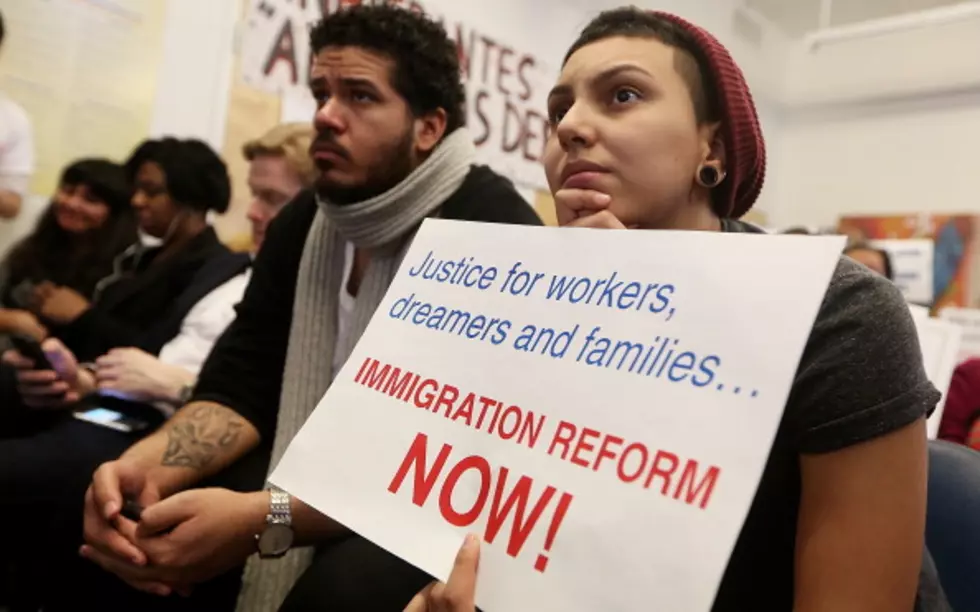
Immigration Reform Will Have Impact Close to Home
Comprehensive immigration reform is making headlines recently as a growing bipartisan consensus in the Congress makes it likely that the President’s promise to deal with the issue will soon be kept.
With all of the hullabaloo over closing the border that has garnered the lion’s share of the media attention to this matter over the last decade, one might think that this is principally an issue that affects the Southwest. However, due to the attractive local economic climate, many Sioux Falls area residents either will be, or know someone who will be, directly affected by the legislation.
According to the Sioux Falls Multi-Cultural Center, people from 98 different countries speaking 128 different languages or dialects live in the metro area. Why has the Sioux Falls become a magnet for immigrants? One factor is the number of relatively low cost higher education options the city presents. Another is the availability of work in the agricultural and meat packing industries, which are historically attractive to immigrant workers, both with and without the proper legal documents.
Immigrants, documented or otherwise, are often willing to work for wages that typical Americans deem too low given the dirty and/or dangerous nature of the jobs in question. This may be because it is the only job they can find given language barriers, relatively few contacts, or an unwillingness to call attention to their lack of legal work status.
As newly granted legal status slowly makes its way through the estimated 12 million undocumented workers in the US, many of these workers will no longer be bound to their existing occupations. Furthermore, in the event that immigration reform takes the shape of better closing the borders and increasing fines for employers who hire undocumented workers, the flow of fresh workers will dwindle. Together these factors will likely result in higher wages and increased worker safety protections in these industries.
Most of the discussion thus far has included allowing undocumented workers to remain in the US provided they pay a fine, something most are likely not in a financial position to do right away. Subsequently, they would be moved to the back of the line in a process that typically takes at least 6 years to complete. So do not expect change to happen overnight.
More From KXRB






